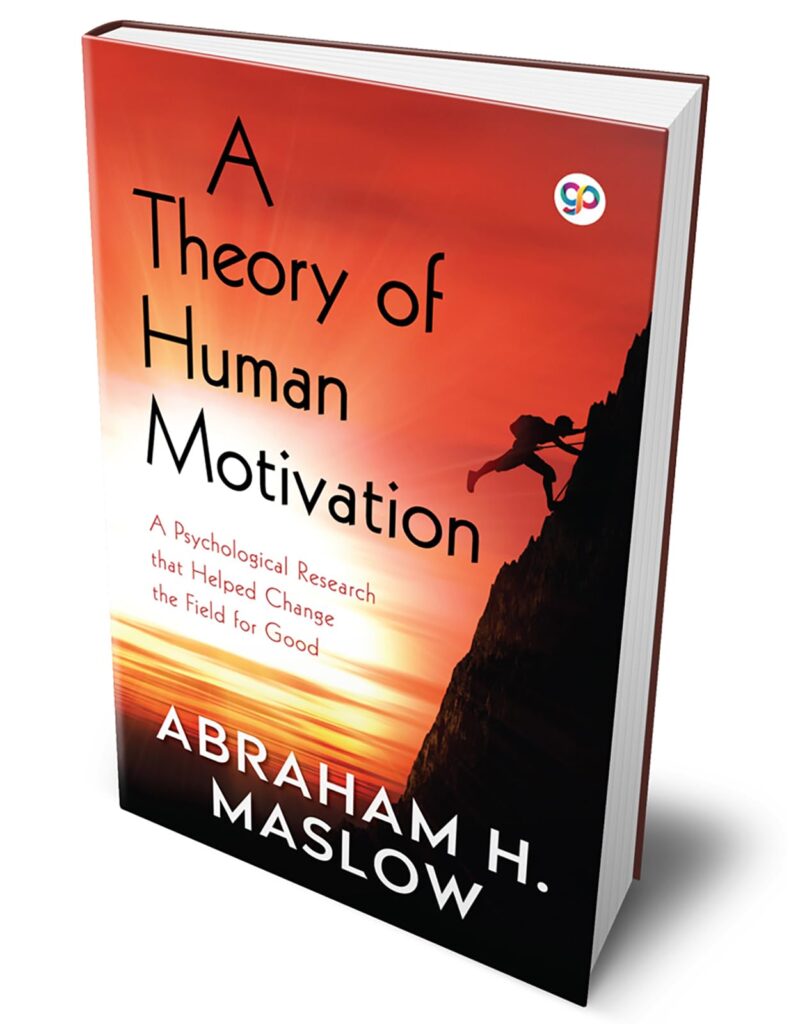The theory of human motivation encompasses various frameworks that seek to explain what drives individuals to act and pursue goals. One prominent model is Maslow’s Hierarchy of Needs, which posits that human motivation is structured in a pyramid of needs, starting with basic physiological requirements and progressing through safety, love and belonging, esteem, and ultimately self-actualization. Another influential theory is Herzberg’s Two-Factor Theory, which differentiates between hygiene factors (like salary and work conditions) that can cause dissatisfaction and motivators (like achievement and recognition) that foster job satisfaction. Additionally, Self-Determination Theory emphasizes intrinsic motivation, highlighting the importance of autonomy, competence, and relatedness in driving engagement and well-being. Collectively, these theories illustrate that motivation is a complex interplay of various needs and factors, influencing behavior across personal and professional contexts.
the thoery of human motivation
